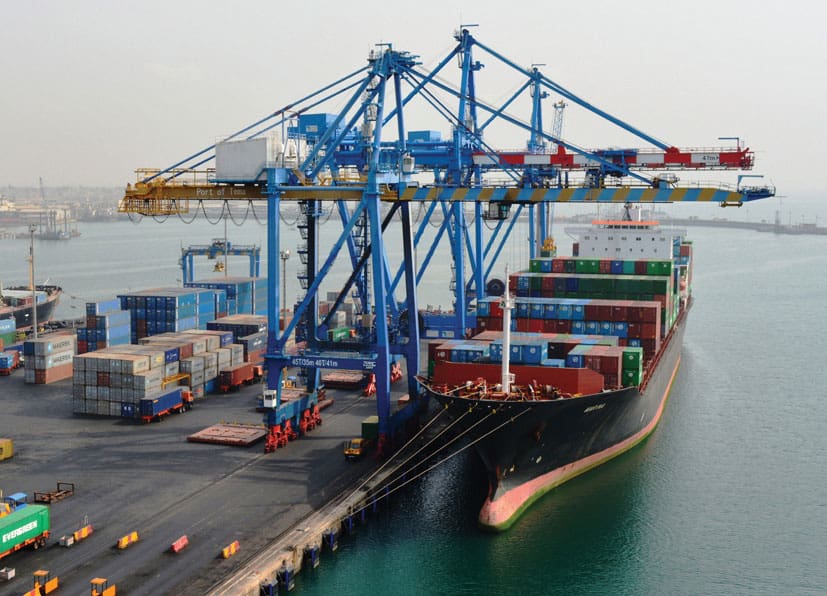Right from the start of the COVID-19 outbreak in Ghana, government has sought to use the inevitable accompanying disruptions in international supply chains to engage in import substitution in order to improve the country’s merchandize trade performance.
The latest data released by the Bank of Ghana at the weekend confirms that this strategy is working. Total merchandise trade imports fell in value significantly during the first 10 months of 2020.
Indeed, underpinning Ghana’s economic resilience under the onslaught from COVID-19 has been the external sector which has provided the cedi its stability and thus stable domestic cedi denominated prices as well. By October Ghana had gross international reserves of US$8.627.8 billion, up from US$8.093.7 billion a year earlier.
But building the reserves has been a difficult task. By October, the overall balance of payments position was negative to the tune of US$675.73 million, a reversal of the positive US$878.87 million by that time in 2019.
Nevertheless, the trade surplus for the first 10 months of 2020, at US$1,743.6 million, was higher than that during the corresponding period of the previous year of US$1,491.6 million.
Actually, total exports were down, from US$12,981.4 million to US$12,001.3 million. Revenues from cocoa and oil dropped significantly but gold receipts rose by some 10 percent on the back of a 28 percent increase in realized global market prices.
But import bill fell even faster, from US$411,489.8 million to US$10,257.7 million during the respective first 10 months of the last two years.
The trade balance more than offset the current account balance deficit of US$1267.2 million which was smaller than last year’s US$1,497.3 million. But then the capital account surplus was smaller too, at US$365.5 million, down from US$2,273.2 million.
Ghana’s gross international reserves as at October were enough to cover 4.1 months of imports, reflecting its improved external position. But debt sustainability issues could persuade investors to demand a risk premium when government goes to the market to issue Eurobonds. I
f that happens government will have to choose between talking enough for refinancing existing debt or just taking what it needs for budgetary support.
Which is just one of the many crucial decisions facing it as its mandate, given in December 2016 winds down and it seeks a renewal.
Source: Goldstreet Business

